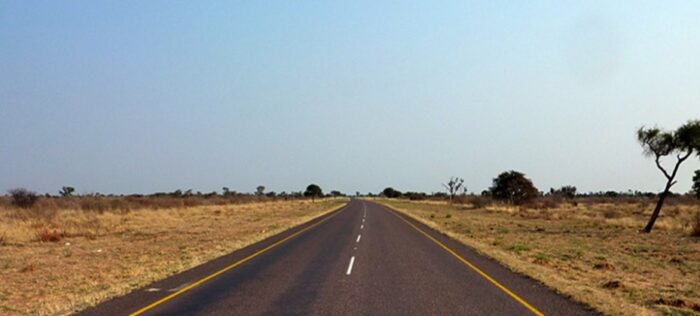The TransKalahari Corridor Secretariat (TKCS) stands as a cornerstone in the economic development of Southern Africa, streamlining trade routes and fostering economic activity across Botswana, Namibia, and South Africa. The TransKalahari Corridor (TKC) stretches an impressive 1,900 kilometers, serving as a vital artery for the swift movement of goods and people within this vibrant region.

Background and Development
Conceived in the 1990s, the TKC was initially devised as a direct route for landlocked Botswana to access major seaports. Today, the TKCS administers this vital route, expanding its reach to support trade for several other Southern African nations.
Functions of the TKCS
The TKCS is committed to enhancing the corridor’s functionality through:
- Transport and Trade Facilitation: Ensuring a seamless transit of goods through improved border controls and policies. #TradeFacilitation #BorderEfficiency
- Policy Advocacy: Pushing for corridor-supportive policies at both national and regional levels. #PolicyAdvocacy #EconomicDevelopment
- Stakeholder Engagement: Collaborating with all parties for a smooth operation of the corridor. #StakeholderEngagement #TradeDialogue
- Infrastructure Development: Championing the modernization of corridor infrastructure for optimal operation. #InfrastructureUpgrades #Connectivity
- Monitoring and Evaluation: Assessing the corridor’s performance to streamline operations continually. #TradeMonitoring #EconomicMetrics
Achievements and Challenges
The TKCS has been instrumental in developing the Walvis Bay-Ndola-Lubumbashi Development Corridor, significantly reducing border transit times. Nonetheless, the corridor faces ongoing issues such as border congestion and security, necessitating constant attention and innovation. #RegionalTrade #CorridorChallenges
Economic and Social Impact
The TKCS has catalyzed economic growth, creating jobs, and reducing the cost of moving goods in and out of landlocked countries. This progress has ripple effects across the region, from employment to skill development. #EconomicImpact #SocialDevelopment
The Way Forward
Future plans for the TKCS include leveraging technology to enhance trade further and implementing sustainable, environmentally-conscious corridor management strategies. These initiatives are essential for the sustained growth of the SADC economies. #SustainableDevelopment #TechInTrade
As the TKCS continues to drive progress, its role in shaping the future of Southern Africa’s trade and economic landscape remains undeniably crucial. #TransKalahariCorridor #RegionalIntegration #SADCDevelopment

Team ProdAfrica
team@prodafrica.com